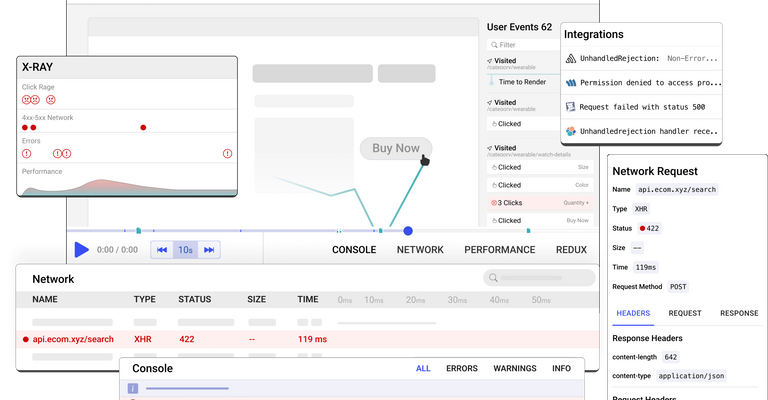There’s been a flood of voices rolling across the internet singing the praises of ChatGPT. The newest public interface to OpenAI’s GPT-3 natural language processor is attracting much attention. Anyone who’s tried the chatbot for themselves comes away amazed by the quality of “thinking” the tool demonstrates. And amused with the confidence it sometimes exhibits while calmly spitting out delusional fabrications.
But GPT-3 (and the reportedly much-improved GPT-4 that’s coming soon) is a game changer. The artificial intelligence engine was trained on a vast knowledge base that it uses to properly understand the questions you ask and respond with helpful and in-context answers.
All that’s stuff I’m sure you already know. What I’m going to address here are the specific industries and tasks that ChatGPT and its peers are poised to disrupt. Or, in other words, how much our professional and personal lives might change over the next few years.
Content generation at scale
The most obvious task to which ChatGPT will be applied is what it seems to do best: write. If your business needs to produce pages and pages of grammatical, coherent, and compelling prose, you’ll have a hard time finding humans who can work as quickly or cheaply as a modern AI.
This can be a game changer for, say, a small company run by people for whom English is not their first language. Need to generate large volumes of on-target content to populate a website designed to attract and educate potential customers? No one can compete with ChatGPT. Is the writing quality produced by today’s ChatGPT as good as the very best working technology writers? No. It’s not. But it’s miles ahead of what most companies can afford and easily good enough for most business purposes.
And if you’re not impressed with what the tool is generating today, wait six months and check back.
Google might penalize websites using AI-generated content and drop their search engine optimization (SEO) ranking. Beyond SEO content, ChatGPT is well-positioned to produce a company’s documentation, product specs, and even project proposals. Embedding those documents into ChatGPT and exposing the prompt to your internal workforce will possibly have a significant impact.
App development
How is code written? I’m old enough to remember struggling to teach myself QBasic with nothing more than a physical QBasic for beginners book. Progress in the years before the internet became useful was, predictably, slow.
I’m sure you’ve encountered that mythological image of developers. You know: Hoodie-wearing guys spending their days in front of an array of video displays, hunched over a keyboard and typing madly for hours on end (with an optional caffeine-infused IV bag attached). The reality, as we all know, is that modern programming involves much less typing and a lot more reading search engine (and Stack Overflow) results.
Progress these days isn’t nearly as slow as it was, but there are still plenty of bottlenecks.
This is just where GPT-3 can make a big difference. You prompt ChatGPT with a description of the syntax problem you’re facing or the task you’re trying to accomplish. And the AI will immediately generate beautifully documented code in whatever language you like. You’ll read through the code and try running it. If something fails, entering the error message in your next prompt will generate fine-tuning. Even if, in the end, it doesn’t work, it’ll definitely get you closer. As I’ve noted elsewhere, this “collaboration” looks a lot like pair programming.
Trust me: ChatGPT is much faster than researching and debugging all by yourself. It’s not good enough to replace you as a developer (yet). But it can definitely turbocharge your productivity. And if your entire dev team is ChatGPT-enabled, you could significantly improve your output cadence.
Search engines
Let me note that most of the unimaginable wealth amassed by Google (or Alpha) over the years came through the sale of ads to be displayed alongside your search results. What might happen to those revenue streams once ChatGPT (and tools like it) become more effective than an internet search? At this point, no one’s figured out a way to place ads within ChatGPT output. But even if that happens one day, who says it’ll be Google running the show?
So where will Google be when 50% or 75% of its users switch from search altogether? This transition will be interesting.
Legal document management
Despite their intense training, many of the services lawyers provide involve sophisticated text processing. Contracts, wills, property title searches, legal discovery, and even nasty warnings are primarily about finding and fitting a few critical details into larger bodies of generic boilerplate text, which is something that modern AIs happen to be really good at.
It may not look cool arguing before a jury in a Hollywood movie, but ChatGPT would make a pretty good lawyer.
Session Replay for Developers
Uncover frustrations, understand bugs and fix slowdowns like never before with OpenReplay — an open-source session replay suite for developers. It can be self-hosted in minutes, giving you complete control over your customer data
